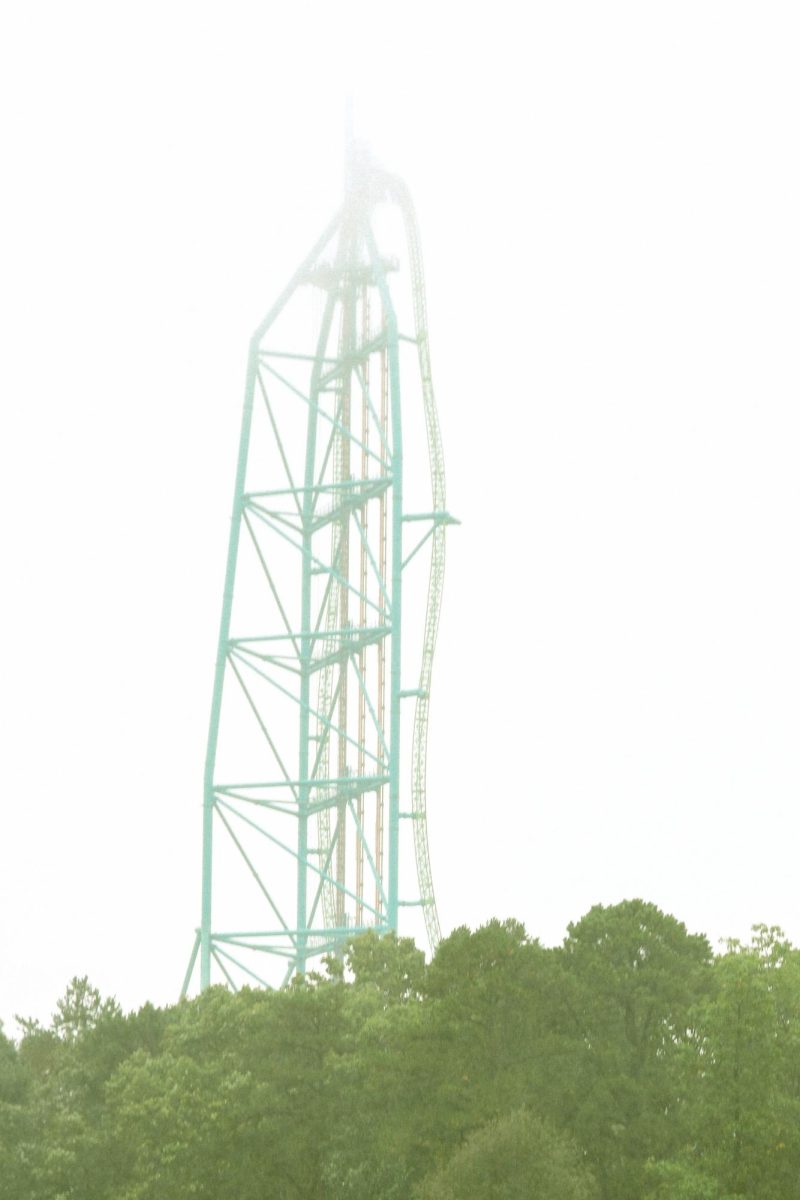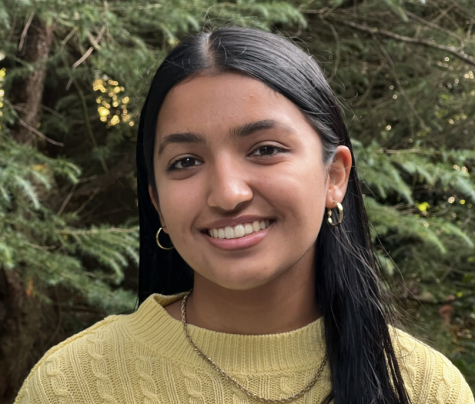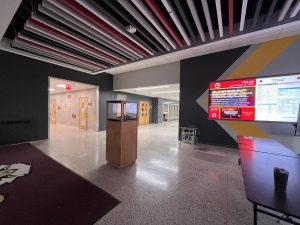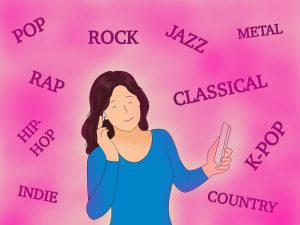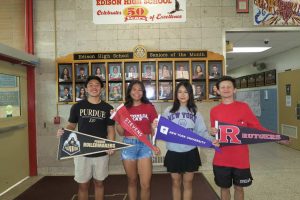What Are Science Classes Without Labs?
June 15, 2021
COVID-19 has influenced all students’ lives in 2019 and 2020, from graduations and proms to virtual learning and interactions. Such disadvantages were also reflected in science classes, which emphasizes the use of labs to enhance the comprehension of study material and performance in classes. This year, students and teachers experience the first-hand effects of no active, hands-on activities.
Without access to laboratory experiments and group collaboration, many of the application aspects of the scientific learning process have been diminished.
“Labs added a sense of discovery to everyday science classes and allowed students to apply the course information in a matter that was both beneficial and informative,” says Raina Patel ‘24, an AP Biology student. Labs were a constructive means of learning by demonstrating the material in a scientific environment. Learning on the computer instead of learning with physical materials dulled the amount of information that students could absorb and took away the empirical knowledge that once enhanced understanding.
Labs were also a glimpse into the real-life utilization of the content. Allowing students to deal directly with data and exercising a variety of skills like critical thinking or problem solving, laboratory interactions guided students beyond the textbook and into the career-driven processes. Between data analysis and hypotheses creation/experimentation, laboratories instilled aptitude for future endeavors.
Furthermore, the loss of interactive labs meant the loss of the more active part of science class.
“The labs seem like a lot of fun and a great way for students to bond with each other and learn at the same time,” said Isabella Trobliger ’24, a Honors Biology student. Without labs, students lost chances to develop their critical thinking and analytical skills.
While teachers are adjusting by using virtual lab simulations from websites like Gizmos or Pivot, they acknowledge the discrepancy between virtual and in-person science classes. They notice that many students are visual and kinesthetic learners, so virtual labs are not as effective in learning.
“To me, it is similar to discussing a dance move that you want your body to make versus moving your body and adjusting it until you are achieving what you want. Both can get you results, but your brain gets that there is a different way, which engages different parts of your brain,” said Ms. Robin Connell, a Physics I and Honors teacher at Edison High School.
Labs offer entirely distinct learning experiences that simply cannot be replicated at home. Students who were once able to visualize the concepts, touch materials, and make connections to gauge a better understanding now drag icons on a screen in their bedroom instead.
The collaborative efforts that contribute to the creativity of the scientific process was missing in this year’s science classes. Working in-person encouraged students to be present in their team, where they would pitch in their unique idea in order to devise something more extraordinary. The classroom environment encouraged more effective conversations, students asked questions more actively, and activities instilled more equal teamwork. Now, breakout rooms have attempted to make up for the loss of in-person group work. However, teachers say they are not nearly as effective.
“Although we have created the breakout rooms for student collaboration, I feel that being remote allows the shy person to be invisible with a camera and a microphone off and the strong student to be alone on their own ship, neither working with others or supporting others,” said Ms. Connell.
Teachers have tried to find alternative, interactive ways to teach students to try and obtain the same results. From virtual labs and videos to explorations and discussions, students have adapted to this new, unprecedented learning environment. However, in-person science labs were missed dearly in science classes.
“The computer simulations and the Internet are amazing supplemental resources, but there is something to be said for traditional, hands-on learning,” said Ms. Shari Degenshein, an Honors biology teacher.


















